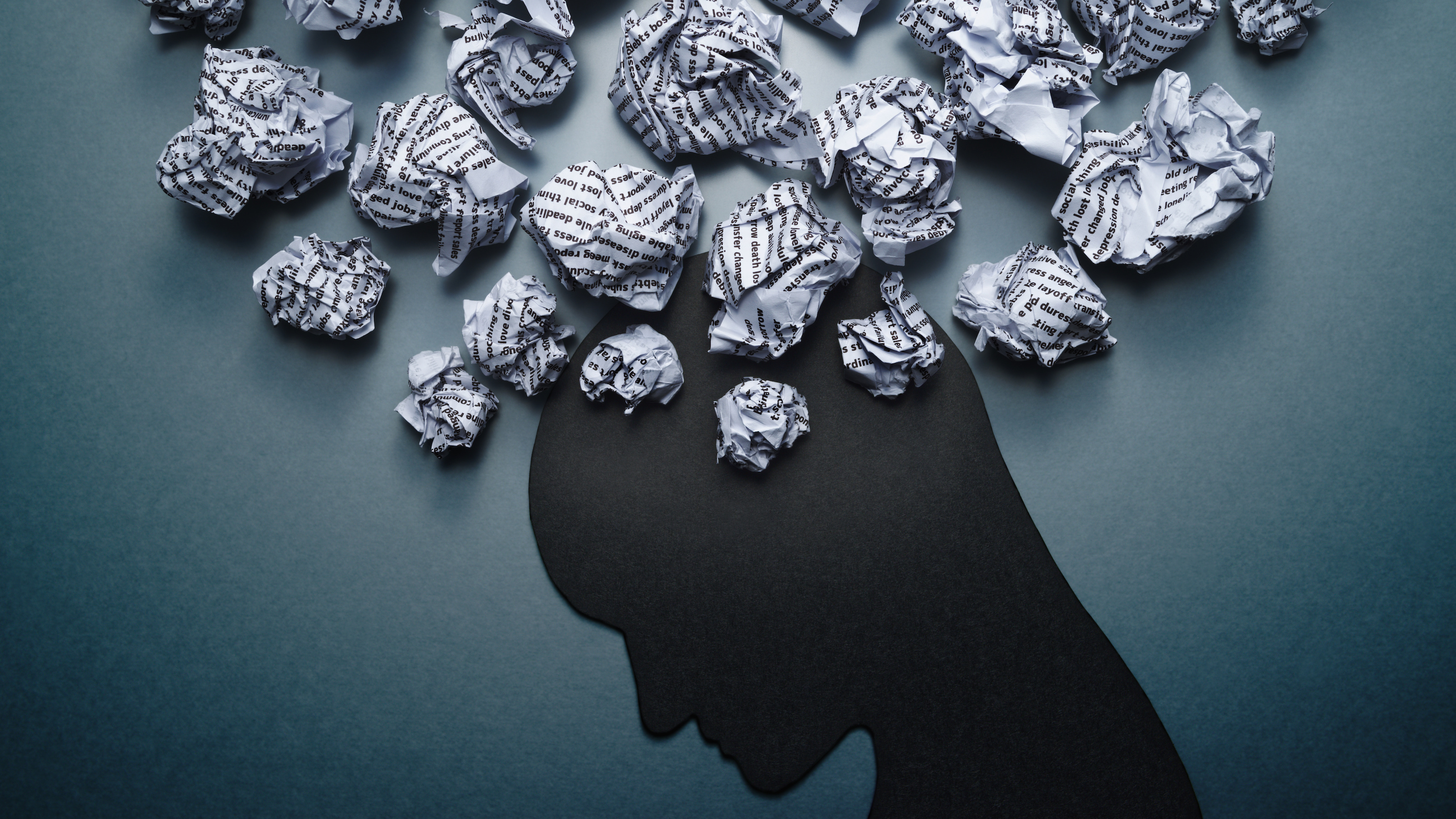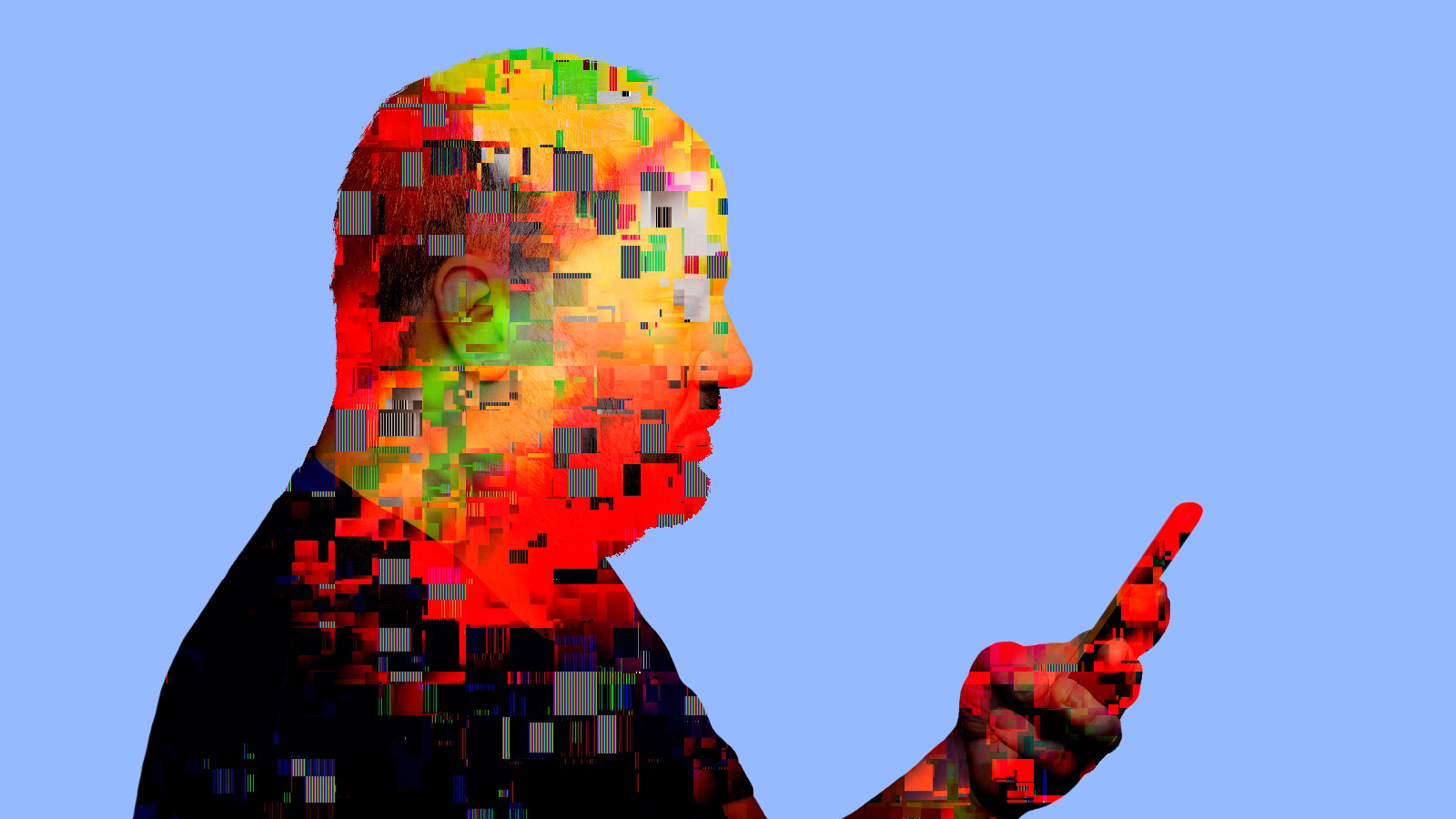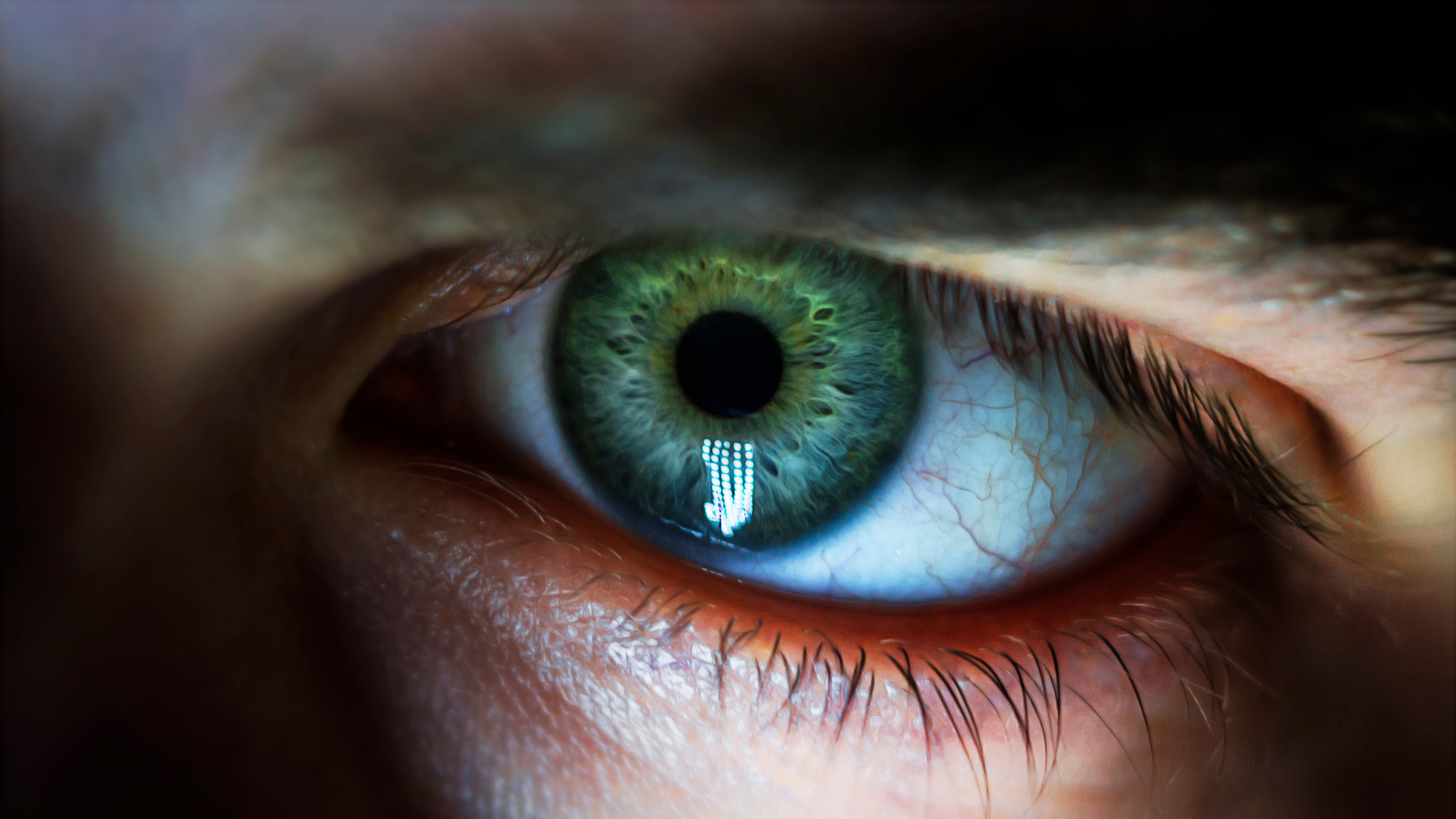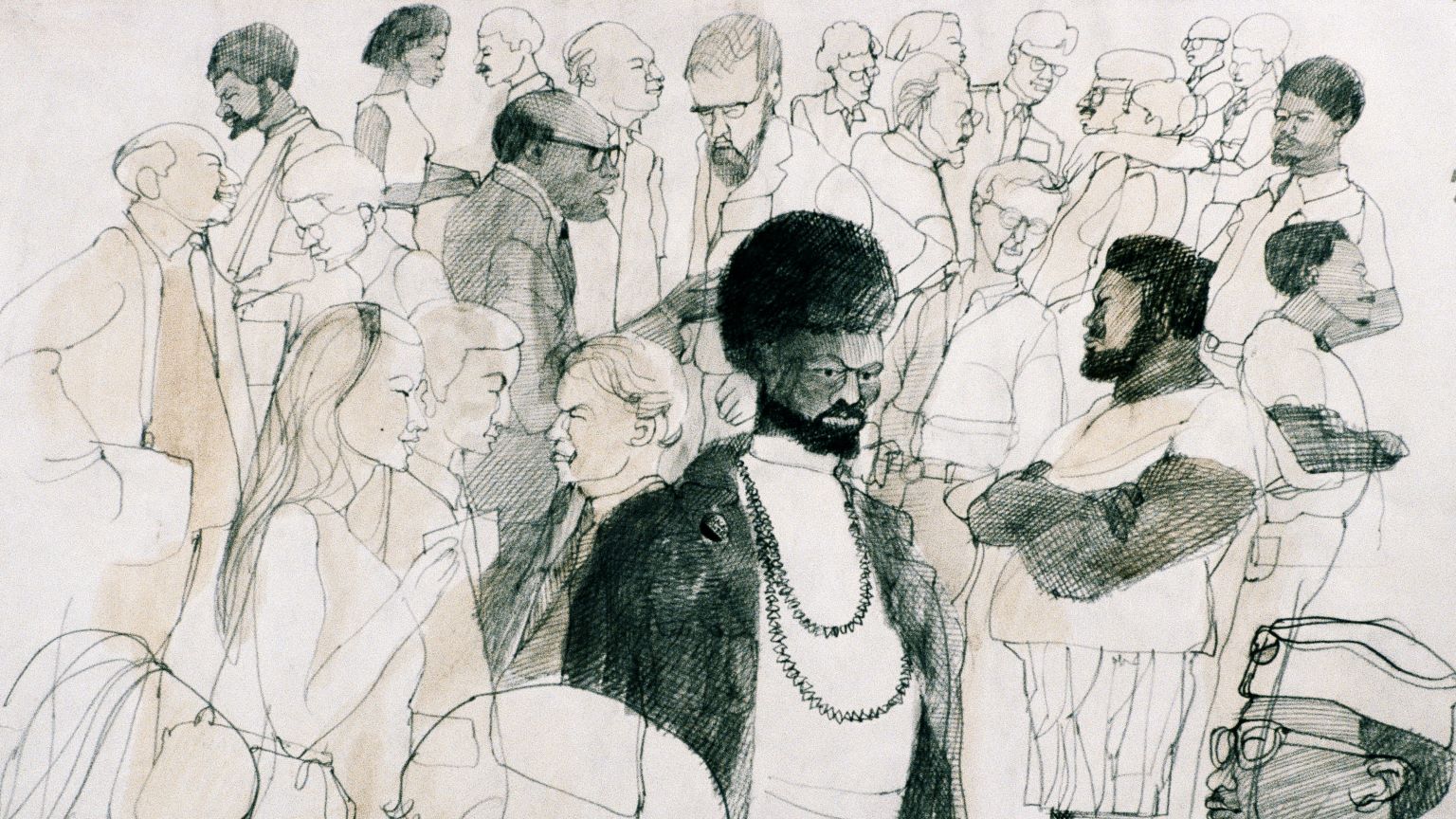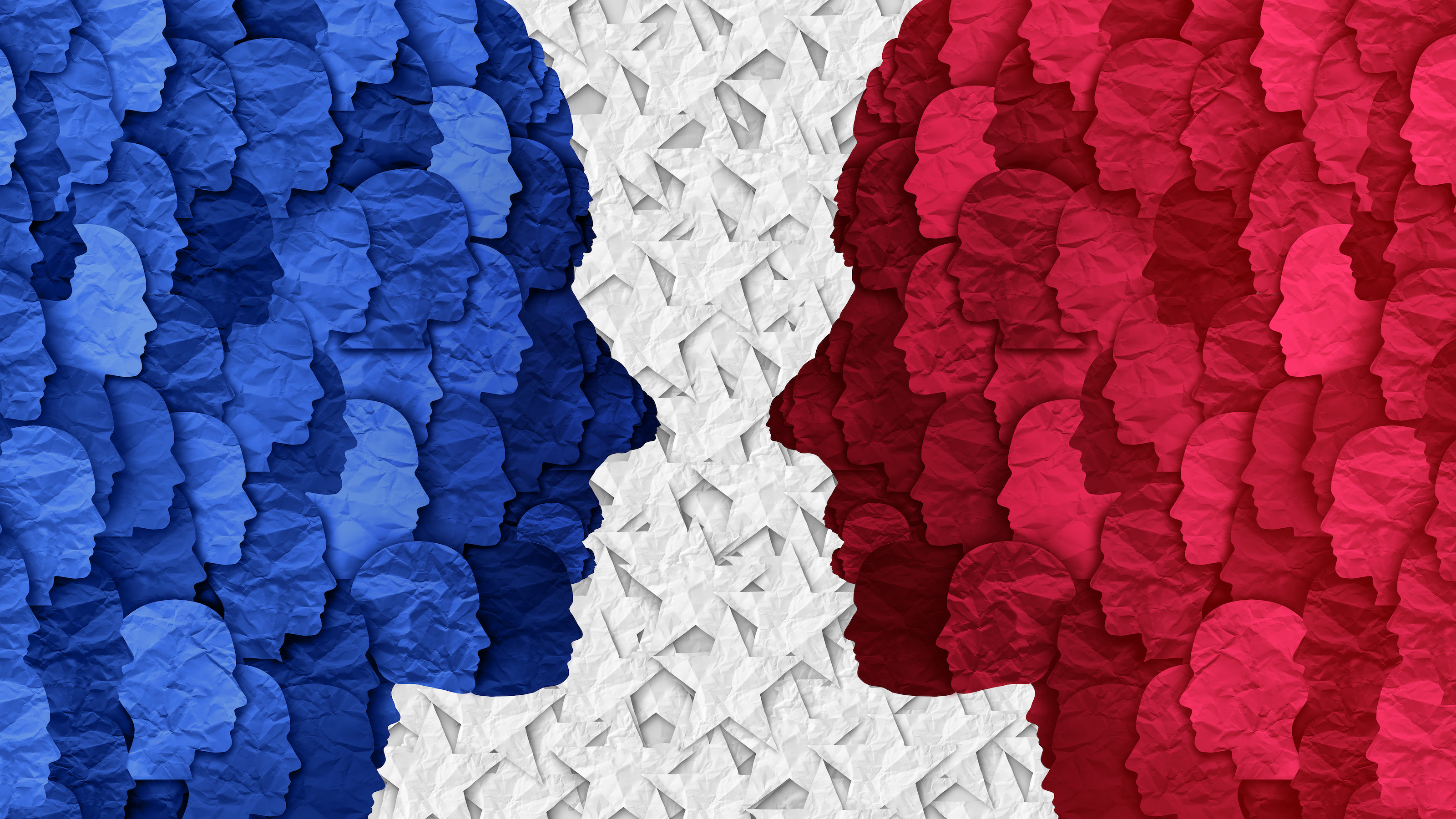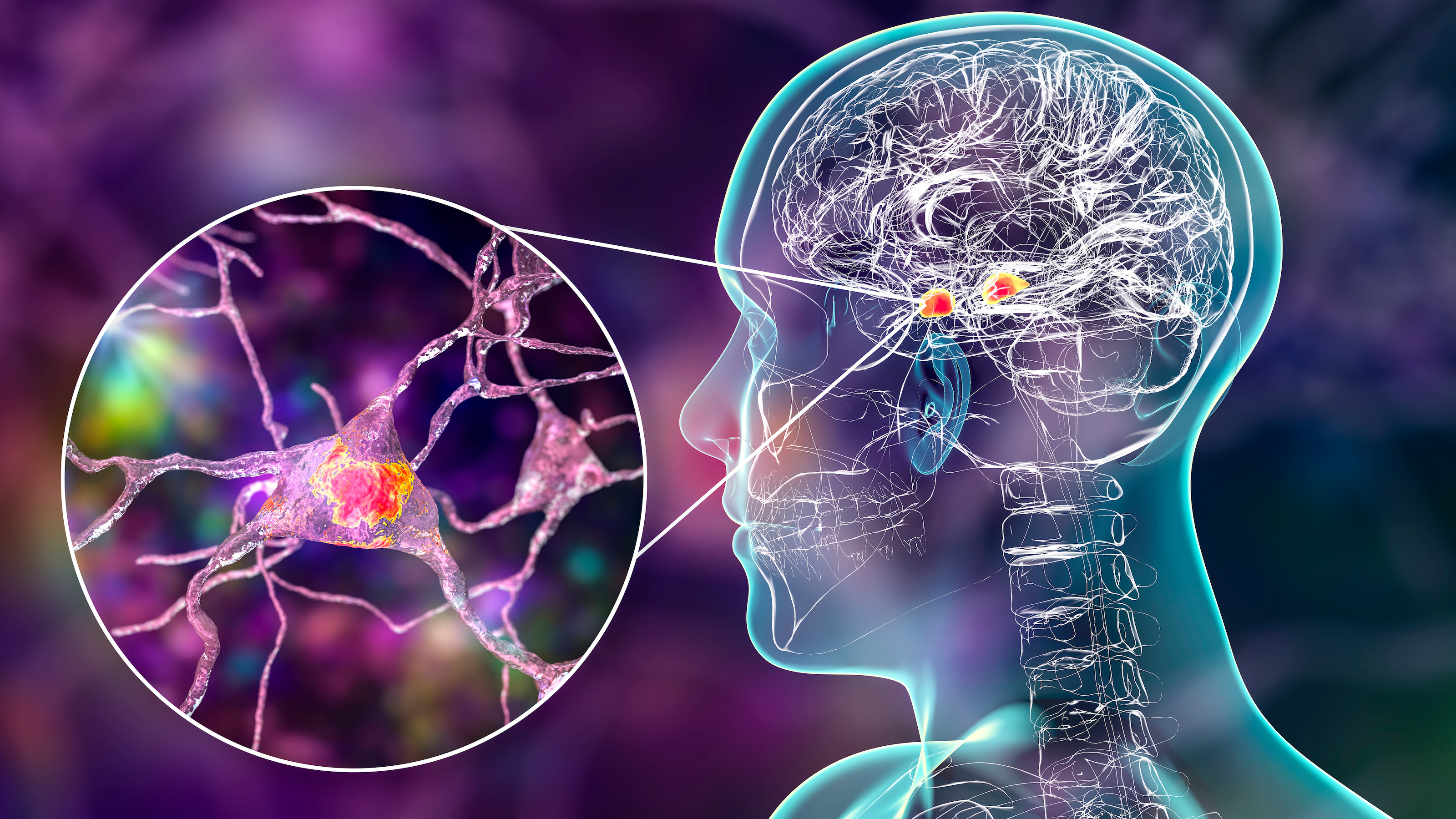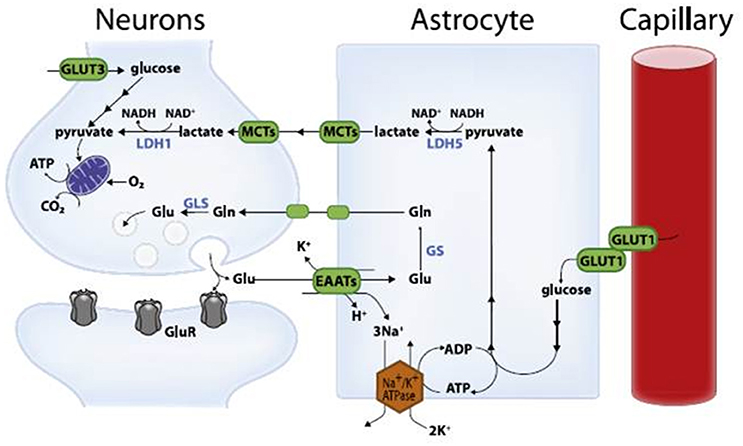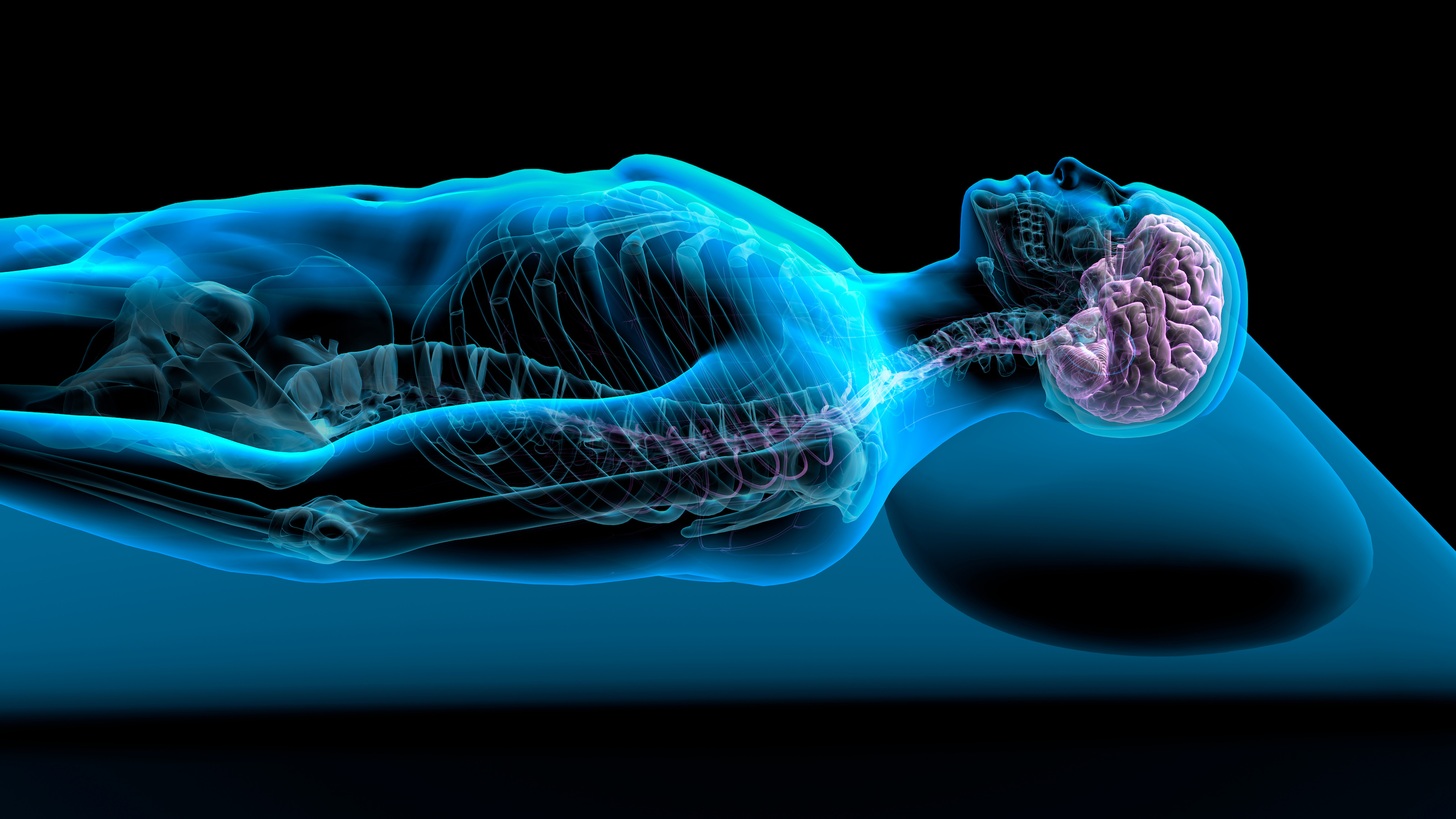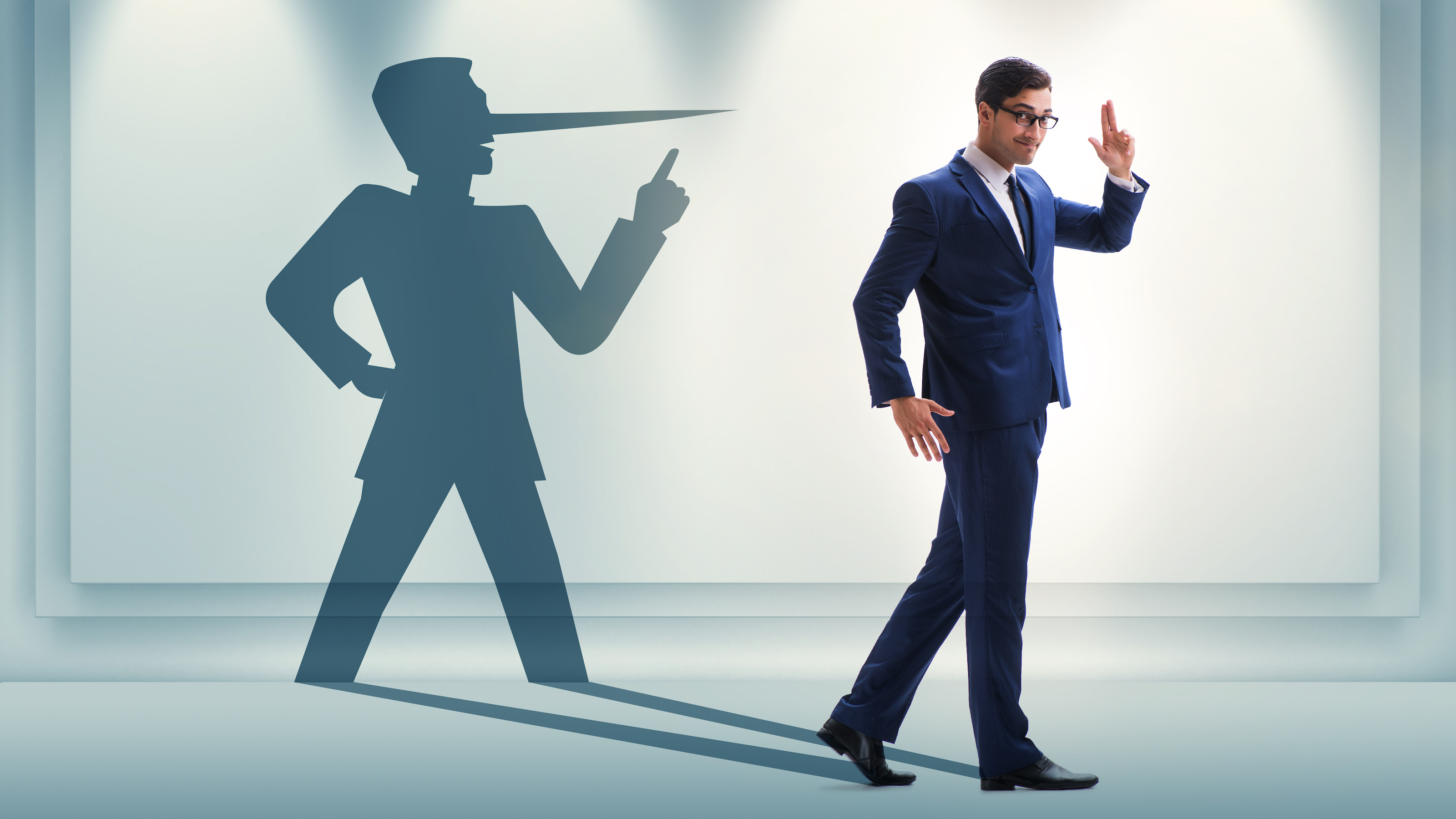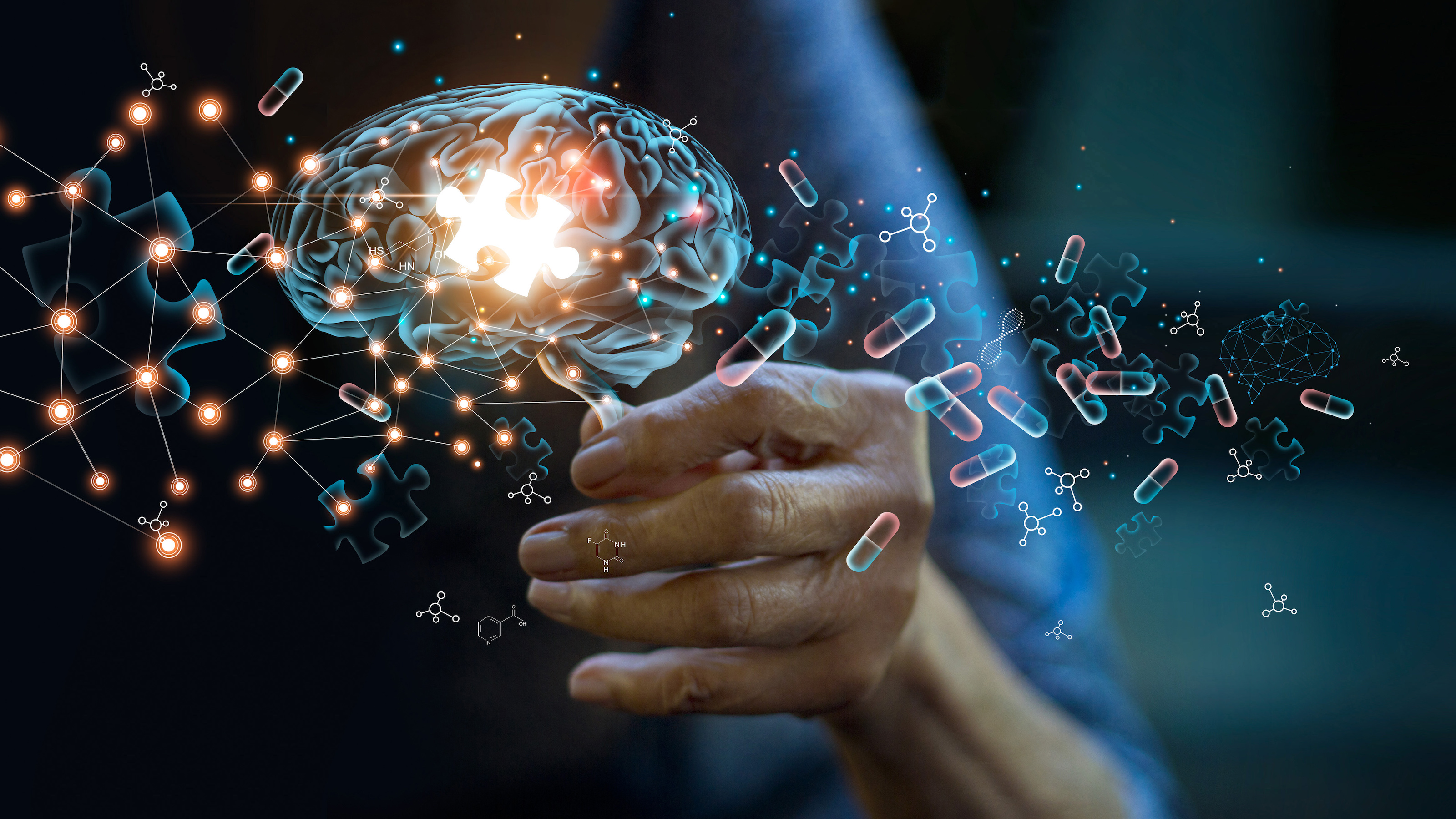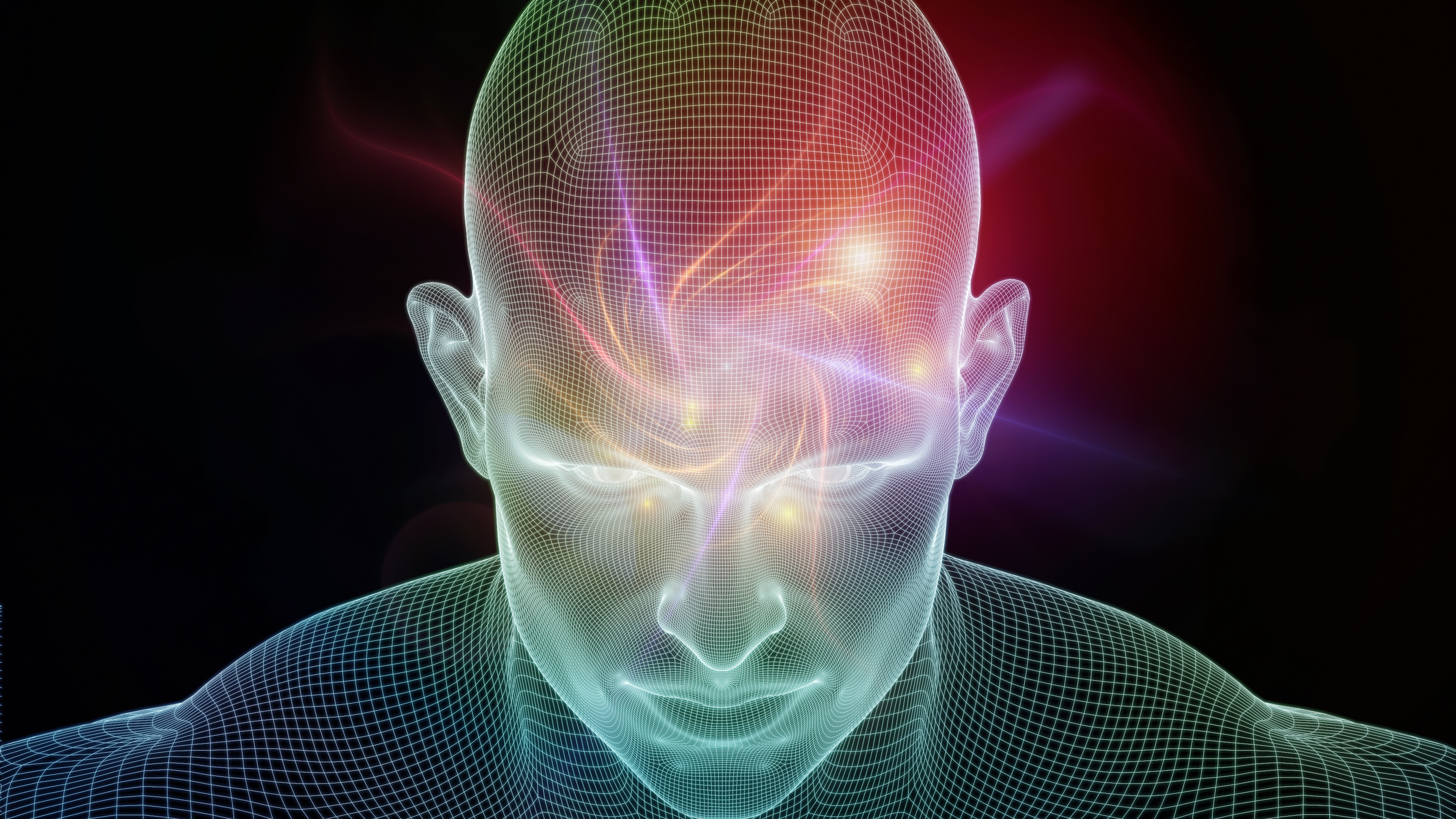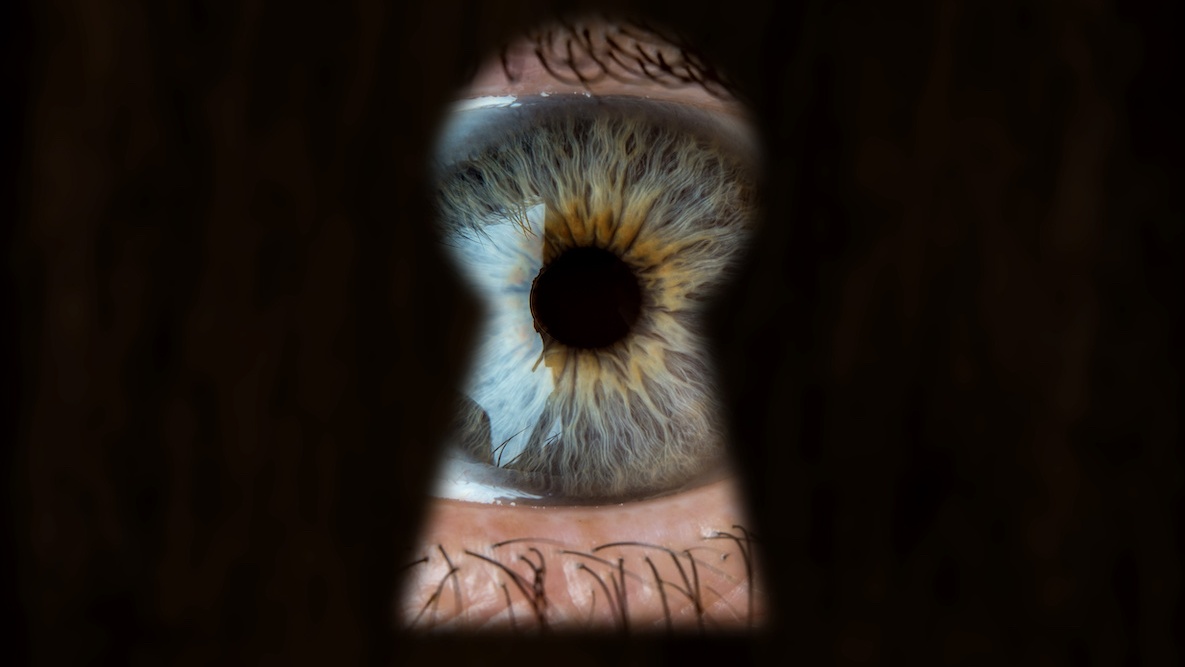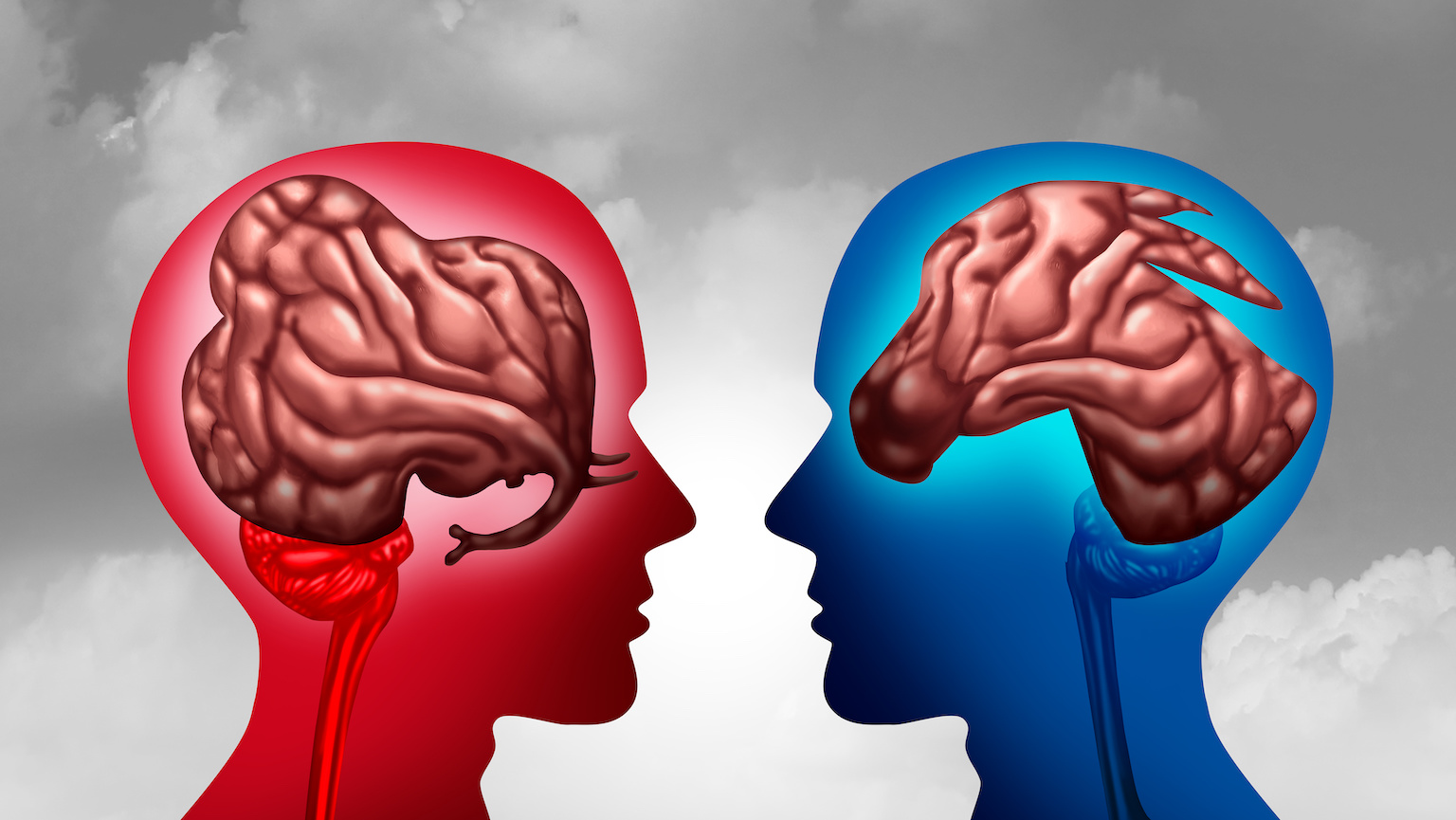Neuropsych
All Stories
Cognitive fatigue results from thinking too hard and long. Neuroscientists now believe they know why this occurs.
The phenomenon of “digital dementia” might not be real after all.
You open an app and start scrolling, then suddenly it’s an hour later. Sound familiar?
One study estimated that 80% of people include “deviations” from the truth in their online profiles.
The “Mind After Midnight” hypothesis aims to explain why night owls tend to suffer more negative health outcomes.
What can elite athletes teach you about how to win?
Evolutionary psychology could explain those otherworldly feelings.
Long thought incapable of regenerating, we now know that brain cells can grow and reorganize. That, it turns out, is a mixed blessing.
When you imitate the speech of others, there’s a thin line between whether it’s a social asset or faux pas.
A new study shows that political partisans are more likely to remember things that didn’t happen — as long as it fits their narrative.
Patients with amygdala damage rejected the widely accepted answer to the infamous “trolley problem,” saying that it “hurts too much.”
For over three decades, toxic proteins were believed to cause Alzheimer’s disease. However, recent studies suggest it might be metabolic reprogramming.
It might be good for your memory.
In the 1980s, some wardens started painting their cells with a shade of pink dubbed “Baker-Miller Pink.”
the human brain remains highly responsive to sound during sleep, but it does not receive feedback from higher order areas — sort of like an orchestra with “the conductor missing.”
Is there such a thing as a heroic personality type?
The serotonin theory of depression started to be widely promoted in the 1990s, coinciding with a push to prescribe more SSRIs.
In a world where we assume people tell the truth, liars prosper. To stop them from exploiting others, here are three rules to catch a liar.
Noradrenaline-targeting drugs, including blood pressure, depression, and ADHD meds, improve Alzheimer’s disease symptoms.
A new finding that unconsciously processed images are distributed to higher-order brain networks requires the revision of a popular theory of consciousness.
It is all too easy for humans to fall into the cognitive trap of thinking that an entity that can use language fluently is sentient or intelligent.
It’s the “intersection of burnout, imposter syndrome, and anxiety.”
Symbolic gestures often speak to our psyche in ways no rational action could ever speak to our intellect.
What’s one of the most reliable indicators that a first date is going well? The answer might lie in how closely the couple is matching each other’s behavior and physiology. […]
There is no long-term beneficial effect of medication on standardized test scores.
Does memory start to work only at a certain age?
Does your father say “I love you,” or express it in another way?
In “The Secret Life of Secrets”, Michael Slepian explores how holding secrets affects our relationships, psychology, and well-being.
Types of therapy are about as different as the people who use it.
A deep learning AI running on a supercomputer was able to link patterns of brain connectivity to political ideology.
